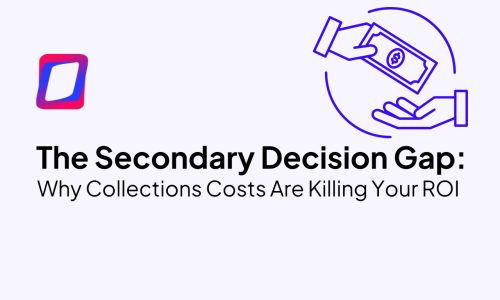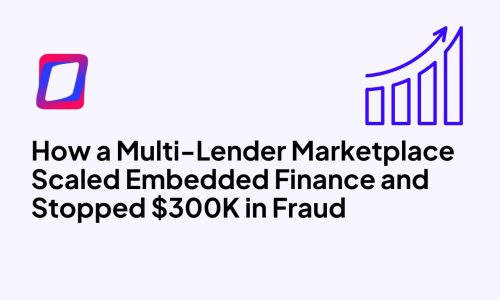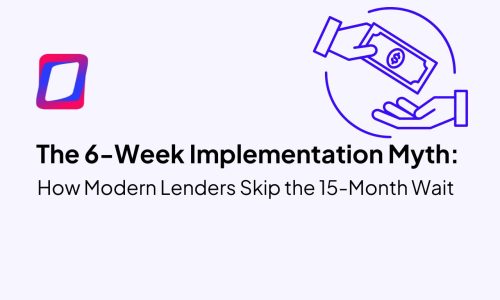CRO of Point Predictive Discusses the Future of Fraud Prevention During Fintech Meetup
Live from the Fintech Meetup in Las Vegas, March 3-6, 2024, host Rich Alterman brings you a captivating Lending Link podcast episode featuring Jeff Hendren, the Chief Revenue Officer of Point Predictive. Recorded amidst the hustle and bustle of GDS Link’s booth #1219, this episode dives deep into the transformative world of fraud prevention, leveraging advanced analytics and AI.
Jeff Hendren shares an insightful overview of Point Predictive’ s strategic approach to combating fraud and enhancing loan performance. Through a unique, proprietary dataset amassed from collaborations with over 50 lenders across the U.S., Point Predictive has set a new standard in identifying fraud, mitigating early payment defaults, and streamlining the loan approval process.
The conversation further explores the company’s evolution from its roots in automotive financing to its expansion into personal and unsecured lending. This transition, as Hendren explains, necessitated product enhancements and a nuanced understanding of the varying needs across different lending sectors.
Throughout the episode, Rich and Jeff delve into the challenges and opportunities presented by regulatory environments, the importance of fostering client education for seamless integration, and the synergistic role of human and artificial intelligence in spotting and addressing emerging fraud patterns.
Jeff also hints at upcoming innovations focused on enhancing income verification processes and broadening the company’s market reach beyond automotive financing. This forward-thinking vision highlights Point Predictive’ s commitment to driving the future of fraud prevention and financial inclusivity.
This episode of Lending Link is a must-listen for anyone keen on understanding the forefront of fraud prevention strategies, the impactful use of AI in financial services, and the evolving landscape of fintech innovation. Tune in here:
Watch The Episode Replay on YouTube
Or Listen on Spotify
[accordions id=”111945″]
About Point Predictive
Point Predictive is focused on assisting clients in leveraging their data alongside potent industry fraud consortium data to unearth historical fraud patterns and construct production-ready models. The expertise lies in predictive science, enhancing the client’s customer application process through the adoption of the latest technology and scientific advances to curtail fraud and diminish the risk of early payment defaults (EPD). With a strong emphasis on fraud, Point Predictive’s fraud scientists devise predictive scoring solutions, incorporating machine learning to facilitate the targeting of concealed fraud, thereby augmenting lending profitability.
About GDS Link:
GDS Link is a global leader in credit risk management, providing tailored software solutions, analytical and consulting services. Our customer-centric risk management and process automation platforms are designed for the modern lender in their pursuit to capitalize on the entire credit lifecycle.
By providing a personal, consultative approach and leveraging our own industry-leading knowledge and expertise, GDS Link’s solutions and services deliver exceptional value and proven results to thousands of clients around the world.
About The Lending Link Podcast:
The Lending Link Powered by GDS Link is a podcast hosted by Rich Alterman and designed for the modern-day lender. Each episode deeply delves into innovation within the financial services industry and transformation efforts, including AI / ML integration, Modeling, Risk Management Tactics, and redefining Customer Experiences.
GDS Link launched The Lending Link to explore unique strategies for the modern-day lender, dive into the innovative advancements GDS Link and our partners are currently developing and delivering, and gain insights from captivating guests within the FinTech, banking, and credit union worlds.
We have a wide range of guests from various lending institutions and diverse organizations who talk about strategies, technology, and everything in between.
Check Out Our LinkTree to listen to podcast episodes on your preferred platform.
Recent articles

The Secondary Decision Gap: Why Collections Costs Are Killing Your ROI
Read article
How a Multi-Lender Marketplace Scaled Embedded Finance and Stopped $300K in Fraud
Read article





